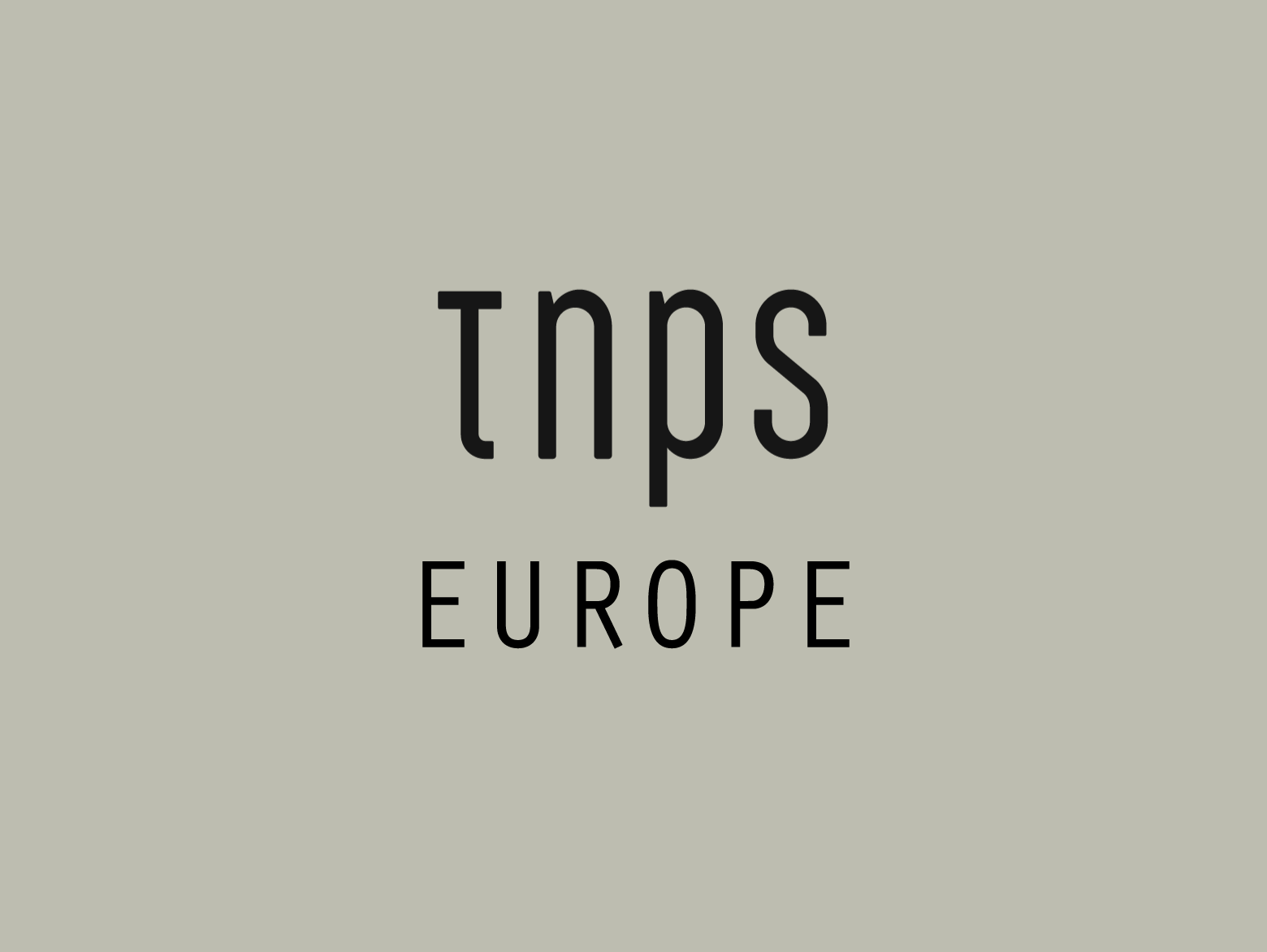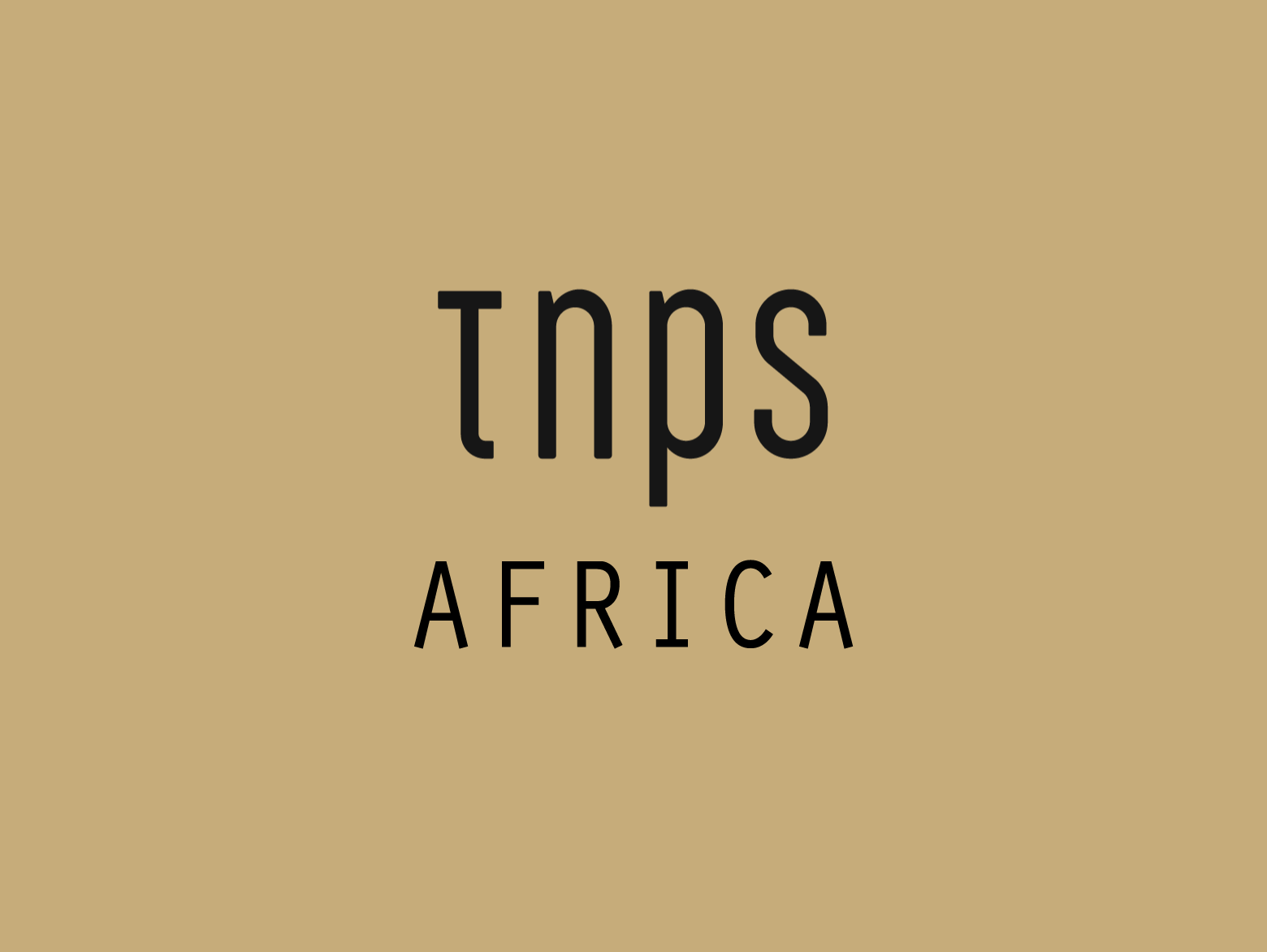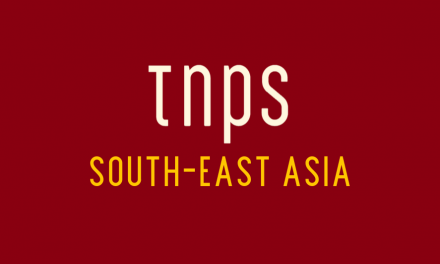We’re told so many times that books are dead, publishing is doomed and authors need to find new career paths, that it’s sometimes easy to lose sight of the reality. That books and reading are more popular than ever.
It’s just that the traditional sales channels and publishing superstar names are competing in an increasingly fragmented marketplace in which consumers have more choice than before – choice in what they buy, where they buy and in what format they buy.
And that’s before we even begin to look at the “free” reading sector, with millions of ebooks given away every week, and digital libraries delivering content to consumers in volumes quite unimaginable even five years ago. In 2018 as an example, OverDrive was seeing digital book downloads to the tune of 750,000 a day. That’s 274 million over the year.
One clear indicator of the growing interest in books and reading is the rise in visitors at book fairs and festivals – something touched on many times here at TNPS.
Now comes news the Brussels Book Fair has joined the rank of record-breakers, clocking 72,000 visitors this year – up 5% on 2018. Not big by international standards perhaps, but impressive for Belgium.

A press release from the Foire du Livre du Bruxelles announced,
The fair celebrated its 50th anniversary in good company! 72,000 visitors (+ 5%) walked the aisles of the event, meeting 1210 exhibitors and more than 1240 authors. 6,000 students participated in the event, and the book hunt attracted 5,000 participants.
The 2020 dates were announced – 5-8 March 2020 – and Morocco will be guest of honour next year.
Among the highlights of Brussels this year was the focus on indie publishers and the wider French market.
I won’t cover this today as Publishing Perspectives has already said much there is to say in a great review of the Fair. I excerpt below some highlights pertaining to the francophone market:
As reviewed by (French literary agent Pierre) Astier in his opening remarks, the francophone publishing market at its highest level reaches into 15 countries on five continents, and thus operates in regions that may be deeply different in gross domestic product and per-capita wealth—from, for example, Switzerland and France to Madagascar and Haiti, the latter among the world’s poorest countries. French is reported to be the fifth most widely spoken language in the world, he said, and the second language most studied in Europe.
According to Astier, roughly 60 percent of French speakers are in Africa. He said that approximately 92,000 books are published in French per year, and there are challenges in the wider market and its subsidiary national markets, including:
There’s a perceived “French imperialism” at play in Europe, because exporting books from the outer markets into France can be difficult
In North Africa, moving books between Algeria, Tunisia, and Morocco is very difficult because of high taxation on imports–most books sales are made at regional fairs
In Canada, many French books have traditionally come from France, although this is changing, and there’s a close geographical proximity to Anglophone markets–the much larger English-language territory of Canada, of course, and the States
In sub-Saharan Africa, challenges include a low standard of living, modest but growing production, few bookshops but some sidewalk booksellers, no traditional distribution network
Read the full report from Publishing Perspectives.





